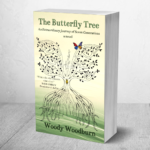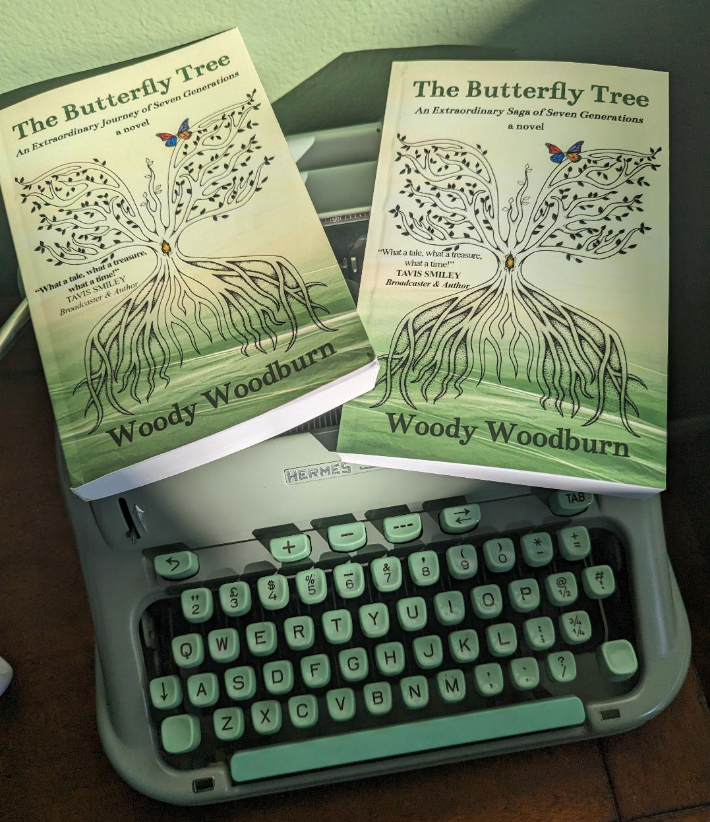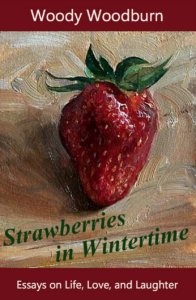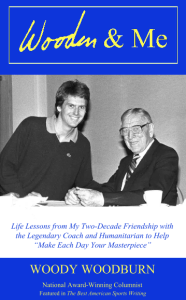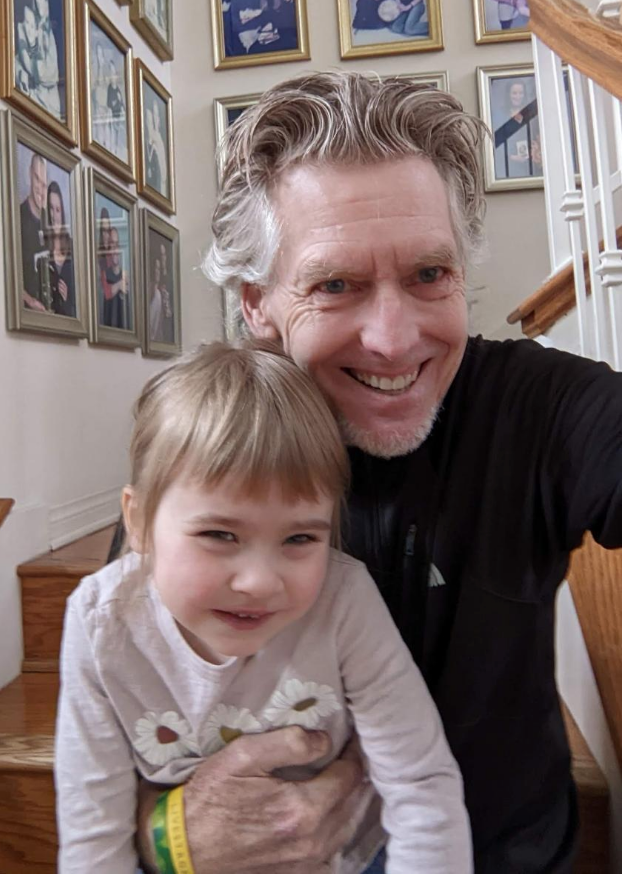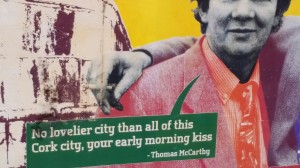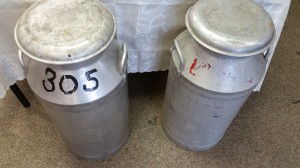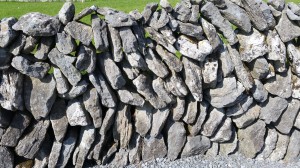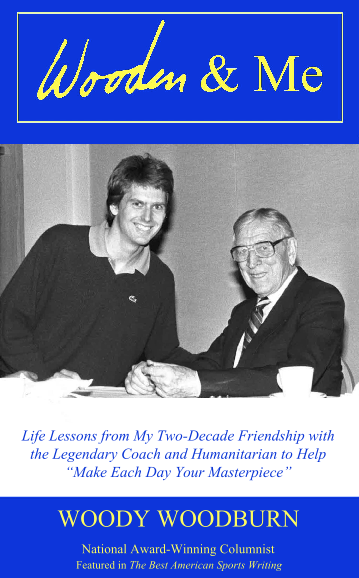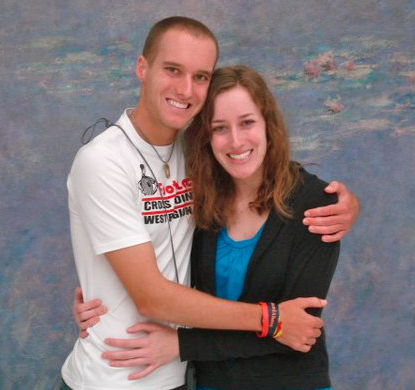Woody’s new novel “The Butterfly Tree” is available at Amazon (click here) and orderable at all bookshops.
*
Imagine a river, much like a long-long-long run-on sentence with no periods or semicolons, only commas serving as bends in the banks slowing the flow, and you get an idea of the five days leading up to Memorial Day at Casa Woodburn, and I am most certain you have had your own wonderfully idyllic yet hectically chaotic activity-packed string of days as fast paced as water rapids where you felt like you didn’t have a chance to catch your breath, and so for the fun of it here is a Great Mississippi of a single sentence about the human floodwaters that swept through every room of our house, with toys and coloring books and crayons scattered like driftwood on the beach after heavy surf,
with baby monitors here and strollers there and diaper paraphernalia everywhere, and this was just in the family room suddenly decorated in a mix of Colonial Clutter and Modern Mayhem, yet one dares not wish, even the briefest of moments, for the messiness to miraculously vanish because you know all too well that all too soon it will all be picked up and packed up and put away out of sight, for as the philosopher Dr. Seuss, whose books were among the widespread debris, wisely said, “Don’t cry because it’s over, smile because it happened,” and what happened was our daughter and her husband and their 5-year-old and toddler daughters, both with more energy than a rooftop of solar panels on a sunny summer’s day, invaded from the north and from the south came the troops of our son’s family with an 8-month-old daughter, and instantly the empty nest began chirping happily and loudly as the large canopy of a vibrant tree in springtime, but it should be noted that armies have marched on their stomachs with fewer provisions and possessions than the two SUVs that arrived filled bows to sterns with portable cribs and an inflatable mattress, with enough clothes seemingly for a month-long camping trip and still laundry needed to be washed, meanwhile food preparation similarly appeared to be a constant occurrence for despite Thanksgiving-worthy feasts that promised to have leftovers aplenty so that no cooking would be necessary the following evening, somehow by the time the sun streaked across the sky to early afternoon the overflowing cornucopia of Tupperware was soaking in the sink, and speaking further of food, sandwiched between breakfast and post-dinner bubble-bath tsunamis were daily excursions to play parks, the beach, the gorgeous-viewed Botanical Gardens atop Ventura’s hillside, if you haven’t gone there you must, and on top of the long holiday weekend it was a combination birthday celebration for my daughter and me, on top of this too there was our father-daughter book signing at Timbre Books as she and I both have new novels out, and speaking of books I would be greatly remiss not to mention a trip to the library to get the 5-year-old her first library card which deserves its own column shortly.
But now, as you read this, the kitchen island is deserted of chaos. Fresh laundry is not piled on the family room couch, waiting to be folded. The coffee table again has books and magazines neatly stacked upon it; and also the TV remote, for it no longer needs to be hidden from curious young hands.
Too, the coffee tabletop has lingering crayon marks and a few new permanent stains where coasters weren’t used for children’s water bottles. I look at these mars and scars and my reaction is no shade of annoyance, but rather to smile.
Because it all happened.
* * *
Essay copyrights Woody Woodburn
Woody’s new novel “The Butterfly Tree” is now available in paperback and eBook at Amazon (click here), other online bookstores, and is orderable at all bookshops.
*



